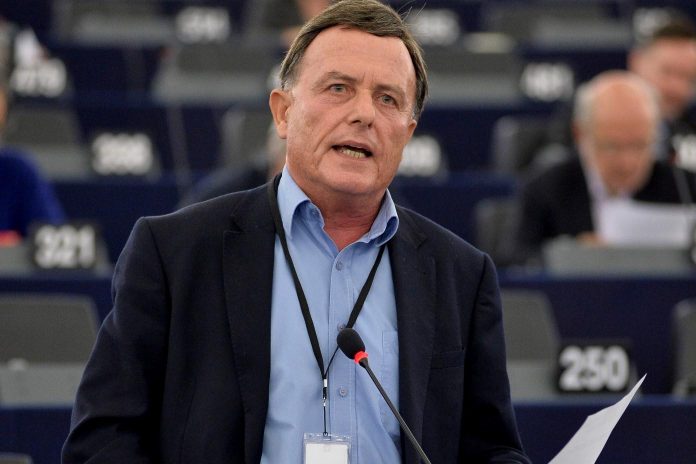Alfred Sant expressed concern on the European Commission’s one-size-fits-all
approach with the drafting of the definition of wetlands and said that Malta’s
geo-demographic structure would mean such restrictions would go beyond the
scope and original intent of the proposal.
Alfred Sant addressed the plenary session of the European Parliament after
voting in favour of a Resolution tabled by the European Conservatives and
Reformists group aimed at reversing the Commission Annex to a Regulation of
the European Parliament and of the Council concerning the Registration,
Evaluation, Authorisation and Restriction of Chemicals (REACH) regarding lead
in gunshot in or around wetlands. .
Stakeholders, in particular hunting associations, raised several reservations
about the Commission measures, mainly related to the definition of wetlands,
the size of buffer zones around wetlands, enforcement, especially the
presumption of guilt for persons carrying the lead gunshot, the existence of
alternatives, and the applicability of REACH restrictions to consumers.
Alfred Sant expressed agreement with the main argument behind the scope of
the Commission proposal to replace lead in ammunition, as this will bring a
wide range of environmental benefits, not only for the countryside, but also to
human health, food safety and food markets. However, the proposal in its
current format is fundamentally flawed.
“To start with, the proposal removes the presumption of innocence and
reverses the burden of proof. A person found in possession of lead gunshot
within a 100 metre buffer zone to “wetland” must prove that the ammunition
is intended to be used other than in a wetland or buffer zone. This goes too far
and should be revised”, Alfred Sant said.
Such an approach fails to apply the principle of proportionality. The content
and form of the action proposed in the Regulation must be in keeping with the
aim pursued.
The vote in Plenary for the Resolution was close with 292 voting in favour of
the objection, 362 against and 39 abstaining. All six Maltese MEPs voted in
favour of the objection.










